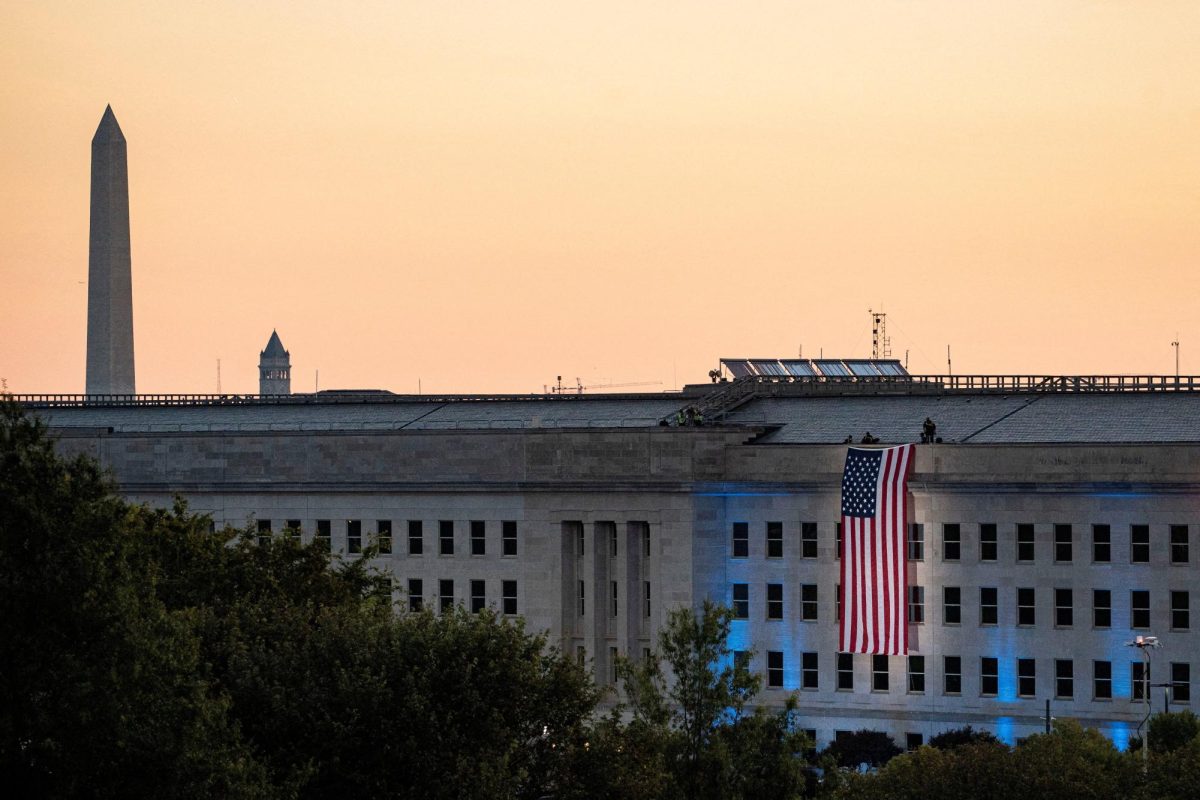Shooting at Fort Lauderdale International Airport shakes South Florida and raises questions about airport security.
On Jan. 6th, 26-year-old Esteban Santiago opened fire in Terminal 2 of the baggage claim area at Fort Lauderdale International Airport. After taking a connecting flight from Anchorage, AL through Minneapolis, MN, Santiago collected his one checked luggage item: an automatic handgun with ammunition. He then loaded the weapon and began shooting aimlessly at innocent bystanders. People inside and outside the building frantically ran for safety, planes scheduled to take off were delayed hours on the Tarmac, and those arriving were rerouted to nearby airports. Dozens of other scheduled flights were canceled.
Eight people were injured in the horrific shooting, five of whom were killed. Nearly 40 others were wounded in the rushed evacuation from the building. Officers immediately took the shooter into custody and identified him as an Alaskan security guard with military background and a license to carry the gun. Although officials are responding and taking appropriate measures to avoid future occurrences, the incident brings to surface the question of traveling with firearms.
Baggage claim is a public area, where anyone off of the streets has open access, but the fact that this man was able to travel with the weapon is what makes it extremely alarming. While it is legal to travel with a checked unloaded gun, this man had prior run-ins with the law and made previous threats that are on record. So, why should he be still be allowed to carry a weapon, especially onto an airplane? Over the years, traveling has become more dangerous, and it is scary to see what could happen even with safety measures being followed. Tighter restrictions and more thorough background checks before allowing passengers to travel with weapons may be a proactive approach to this ever present danger.










